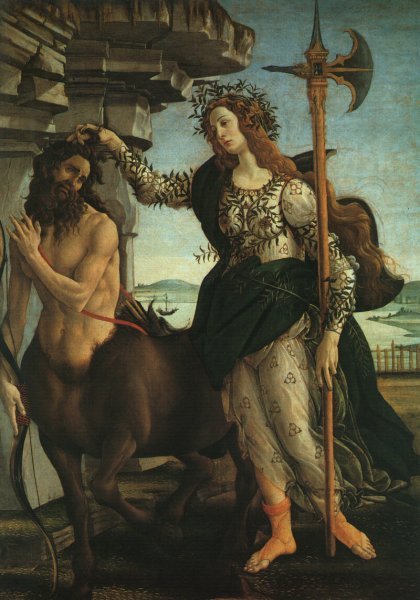Here is the relevant quote:"... right-liberalism, the belief that what forms America is adherence to a universal idea about human nature, turns insensibly into left-liberalism, the belief that America consists simply of unqualified openness to other humans, regardless of who those other humans are and what they believe, and thus that America has no substance of its own and no permanence. Yet left-liberals somehow expect that even though America must keep changing, as a result of the peoples and cultures and religions (including Islam) that keep entering it, the freedom and equality and openness that define America will not change. Liberals are vicious parasites who take the actual existence of their country for granted, even as they give all their loyalty to an ideal of openness that must destroy their country." Indeed, openness to violent pursuers of unfreedom will tend to destroy our freedom-from-aggression, while favoring their freedom-for-aggression here. This will occur the more easily, the more open we are to such enemies. Likewise, openness to inequality from within and without, can be expected with perfect assurance, to take away from what good equalities there are, which subsist here. Openness to closedness is what they preach, to paraphrase Allan Bloom; but in a most self-contradictory manner.
So much so, that one may well conclude that the liberal ideals as stated above, are not sincerely believed-in, but used, indeed parasitically, to do damage, and win power by smearing opponents. That is, not that all such liberals are insincere, but those least capable of being fooled and led into folly, can hardly be sincere. It pleases me that others are thinking and writing along these lines, similarly to my own criticism of openness-valuing.
P.S. Our constitution does not assume that there can be no lasting enemies among human groups; the definition of treason it contains, mentions enemies. The above-mentioned sort of 'openness-liberalism' pretends that America is definable, and even defensible, in terms of assuming that there can be no lasting enemies. An outright contradiction-in-terms follows where we can reduce that to: there are no (lasting) enemies except those who say that there are(lasting) enemies.
P.P.S. The 'No Enemies' doctrine matches the (now-universalized) Brotherhood, of the Jacobin
Liberty, Equality and Fraternity trio, but those are foreign statements of priorities of political ideals, not such as may be used to define America. America does not stand for freedom-for-aggression, nor for equality of results, nor can it mean a claim that all people are American citizens, or might be, regardless of how hostile they are inclined to be.
Link for the VFR post://www.amnation.com/vfr/archives/008308.html
Subscribe to:
Post Comments (Atom)


3 comments:
John, I think you’re very much correct here about liberals’ motives. Lawrence Auster is still somewhat confused about this, if you saw the recent discussion. Unlike you, he doesn't really understand the purposes of ideology that well. He overstates the sincerity of liberal belief, so that he thinks if liberals were shown to be wrong on the Islam question, they would have nowhere to go. I imagine they’d just redefine liberalism as they have already done several times. A hundred years ago, liberalism preached the superiority of the West, and yet they’ve completely turned around without being conscious that there was any continuity lost.
Auster ignored a great deal of what I wrote in my response to him because he didn’t see the relevance of it to his question.
Nice blog! I invite you to come over and visit me sometime.
Part of the problem here may be that liberalism is really the moderate left, while Auster is reaching for a crystalline echt liberalism, which could shatter if someone controverted
a basic indispensable doctrine.
Voltaire said "the Moslem trades with the Jew" as if this were proof that there can be no lasting enmities within the brotherhood of all humanity; the Wars of Religion shall not return, and we can make discrimination and exclusionism into vices or non-virtues in absolute terms, and all of this rationally.
The moderate left is more diverse than this though, and the real differentiae tend to sort by power-desires more than principles such as one would be prepared to lose an election in adherence to, for example.
I'll have more to say on your points later.
Without assuming an overall plan that could integrate inconsistent policies, there is a clear tendency for political leaders to try for as much power as can be gotten away with at a given time and place. Auster's analysis would seem to apply to theory more than to practical politics; to academic elites rather than those of money and power. This consideration might resolve some of the divergence of conclusions.
There is an impulse towards valuing openness and towards hating exclusion, which is irreducible and liberal in a long-term way, which takes pressing personal, family or small group reasons to suppress. Beyond this is the impulse to command openness on others, on others regarded as outsiders in some degree, which is even harder to countermand, and especially so on the academic and theoretical level.
Post a Comment